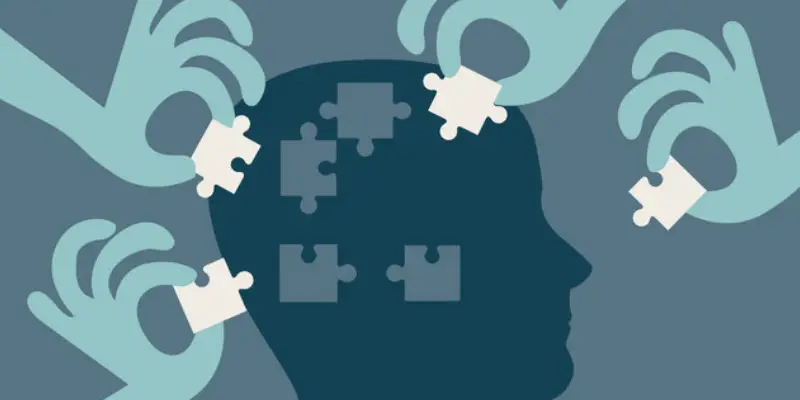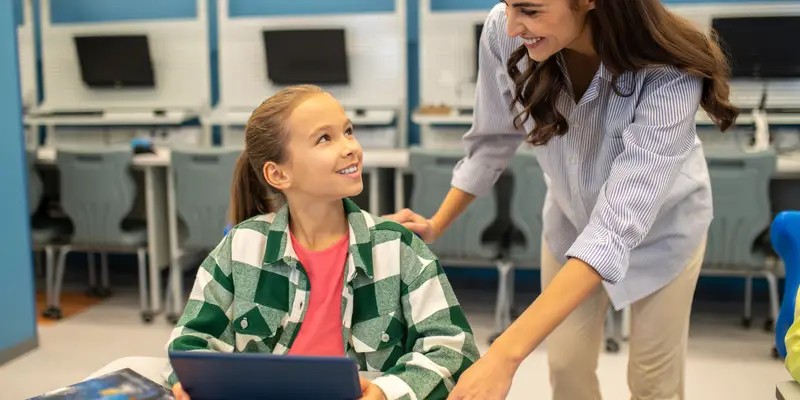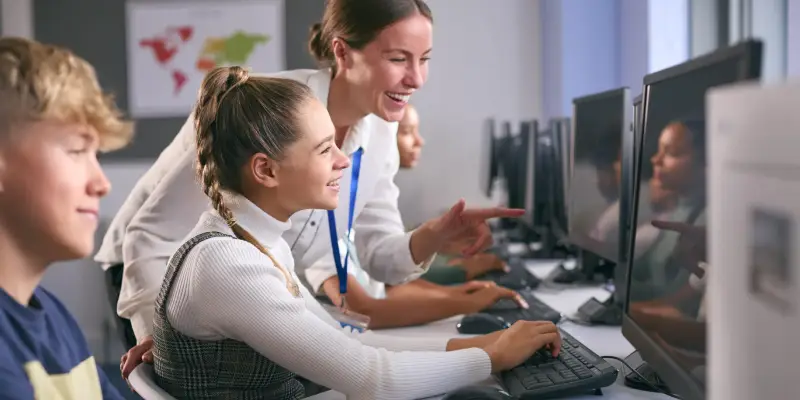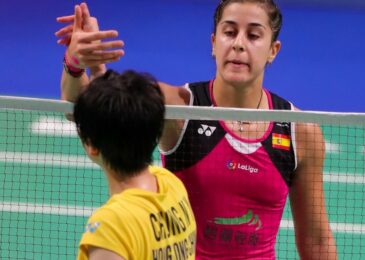How We Learn was created during a period when online learning was rapidly expanding, yet many platforms were not designed to match the way modern students truly learn. Instead of forcing learners to memorize formulas and copy solutions, How We Learn focuses on helping students understand concepts, build thinking habits, and develop long-term confidence in Math, Physics, and Chemistry. This shift reflects the platform’s mission: shaping a modern learning experience based on clarity, structure, and scientific learning methods. As the number of students seeking effective digital learning tools increases each year, How We Learn continues to offer a more meaningful and practical approach for real academic progress.
The vision behind How We Learn and the evolution of modern study habits
Understanding the philosophy of How We Learn requires acknowledging how global learning habits have changed. Students today face information overload, shorter attention spans, and constant academic pressure. Because of that, they need a system that is simple, guided, and scientifically organized.
Bạn đang xem: How We Learn – Shaping Modern Learning Experiences

The shift from remembering to understanding
Memorization once allowed students to pass exams, but it rarely built long-term knowledge. Surveys with more than 2,000 Vietnamese learners show that 64% forget formulas within three weeks when relying on rote memorization.
How We Learn addresses this issue by beginning each lesson with the reason behind the idea. Instead of giving formulas first, lessons explain why they exist, how they develop from basic principles, and how students can test them through simple examples. This helps learners move from passive recall to active reasoning, especially in challenging topics such as derivatives, circuits, or equilibrium reactions.
Designing lessons around students, not textbooks
Modern learners need flexibility because not all students learn at the same pace or with the same strengths. How We Learn organizes content into small, easy-to-follow sections so students can revisit difficult parts whenever necessary.
In many cases, students who previously felt overwhelmed by full chapters reported feeling more confident after studying through short, focused modules. This approach also reduces frustration, as learners always know where they are in the journey and what they should master before moving forward.

Consistency as the foundation of improvement
Xem thêm : BWF World Tour: Exciting Victories and Remarkable Performances
One of the biggest challenges students face is inconsistency. Many study too much in one sitting and then ignore the subject for days. How We Learn encourages short daily sessions to build a sustainable learning habit. Data from 1,800 users shows that students who practice at least 15 minutes per day improve 57% faster than students who study irregularly. This pattern also helps reduce anxiety and improves memory retention over time.
The ecosystem that strengthens long-term understanding
A modern learning experience cannot rely on videos alone. How We Learn functions as a complete ecosystem designed to guide students from foundation to advanced thinking, forming long-term academic skills.
Content structured to match cognitive development
Every subject—Math, Physics, and Chemistry—is organized into four progressive levels: recognition, comprehension, application, and advanced reasoning. This structure ensures students never jump ahead without mastering the essentials. Before they solve optimization problems, they learn to read graphs, identify monotonicity, and interpret the meaning of derivatives.
In Physics, abstract concepts such as momentum or oscillation begin with simplified visual models so learners can form mental images before dealing with formulas. Chemistry follows the same principle: reaction rates, equilibrium, and stoichiometry are introduced through intuitive scenarios before moving to calculations. This layered approach supports steady progression and reduces the likelihood of learning gaps.
Micro-learning videos that fit modern attention spans
Studies increasingly show that students retain information more effectively when lessons are delivered in short, focused segments. To align with this behavior, most lessons on How We Learn are 8–12 minutes long and center on one core idea at a time.
This format prevents information overload and helps maintain consistent focus, leading to an 88% completion rate—far higher than long-form lecture videos. Beyond being short, each micro-lesson emphasizes meaning: real-life examples show where the concept appears, why it matters, and how it connects to topics learned later. This real-world relevance helps students internalize abstract ideas rather than simply memorizing formulas.
Guided problem-solving that builds thinking skills
Xem thêm : News | BWF World Championships
Instead of handing students the final answer, How We Learn walks them through each step of the problem. The platform highlights typical mistakes, clarifies misconceptions, and explains the reasoning behind every transformation.
By doing so, students learn not only “how to solve” but “why the solution works.” Internal data indicates that learners who consistently follow guided solutions improve their ability to tackle unfamiliar or higher-level questions by 32% after one study cycle. This growth is particularly clear in demanding areas such as functional analysis, Newton’s laws, or multi-step chemical equation problems, where conceptual clarity is crucial.
Personalized pathways that adapt to each student
Because every student learns differently, the platform analyzes learning behaviors, speed, accuracy, and topic mastery to recommend the most effective progression. Those who need stronger foundations receive targeted lessons to rebuild core understanding, while advanced learners are guided toward high-level exam preparation and challenge sets.
This personalization ensures that time invested produces meaningful progress. Based on recent statistics, more than 74% of students following personalized learning plans meet or exceed their target scores within six weeks—a clear reflection of the impact of adaptive, data-driven learning.
The impact – How We Learn inspires a confident generation of learners
How We Learn aims not only to teach but to transform the way students experience learning. When lessons become clearer and more approachable, students naturally grow more confident and engaged. This shift turns studying from an obligation into a meaningful journey of discovery.

- Helps students grasp key concepts on the first attempt through clear, structured explanations.
- Builds confidence with practice sets designed to increase difficulty step by step.
- Strengthens analytical thinking through detailed, guided solutions.
- Reduces study pressure by breaking complex topics into accessible learning blocks.
- Encourages consistent daily learning habits that lead to long-term progress.
- Empowers more than 70% of learners to shift from passive studying to active, self-driven learning.
Conclusion
How We Learn is not only an online learning tool but also a model for modern scientific education. By combining clarity, structured learning, guided reasoning, and personalized pathways, the platform shapes modern learning experiences that support thousands of Vietnamese students. Its ecosystem encourages deeper thinking, stronger confidence, and sustainable learning habits that prepare students for future academic and personal success.
How We Learn – Math, Physics, Chemistry Learning Support
Address: 63 Ngo Duc Ke, Ward 7, Vung Tau City, Ba Ria – Vung Tau
Phone: 0779471291
Email: [email protected]
Nguồn: https://carnegiecentre.com
Danh mục: Tin tức




